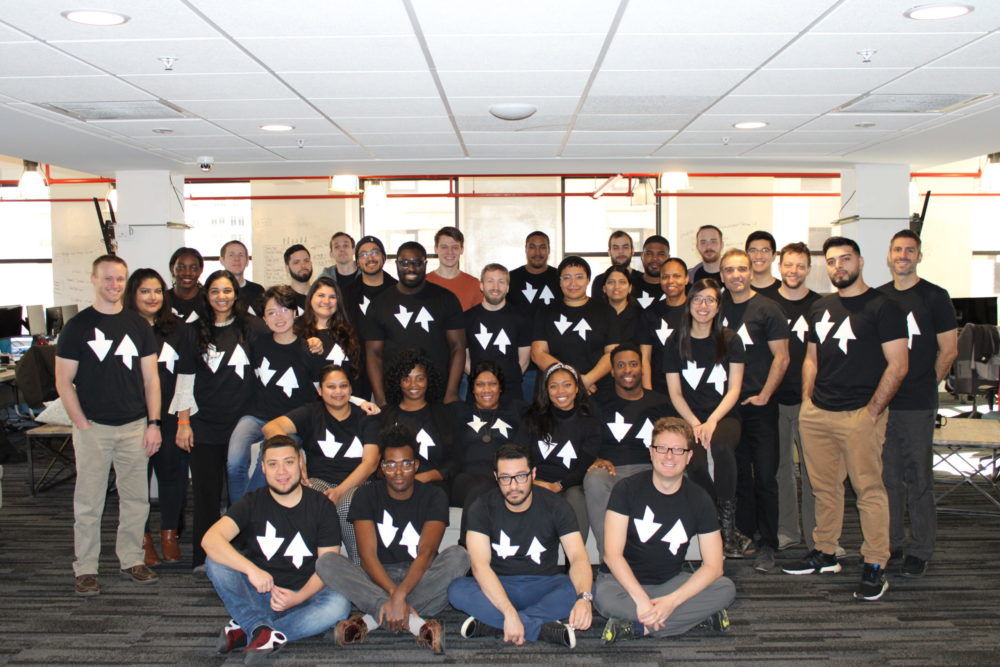When the COVID-19 pandemic hit the U.S. a year ago, causing state lockdowns in March, Zip Code Wilmington Executive Director Desa Burton was confident that the nonprofit could pivot its coding and data engineering classes to an all-virtual format. What she was more worried about was whether the students, many of whom were unemployed, would be able to find placement with a job when they graduated.
There was good reason to be concerned: A good number of banks — which often hire Zip Code grads — implemented hiring freezes, with no new employees being taken on while the future of the pandemic was uncertain.
As we enter 2021, Zip Code’s track record for placing graduates has held surprisingly steady, and Burton credits the company that did most of the hiring: JPMorgan Chase (JPMC).
Delaware’s second-largest private employer with about 11,000 employees in the state, JPMC has been focusing on hiring technologists for its Delaware Technology Center over the past five years. In 2015, the company committed to hiring over 1,800 Delawareans for the company’s technology divisions between 2015 and 2019. More than a year past that, and they’re still hiring, even through the pandemic.
“What was incredible was how quickly we were able to pivot to working remotely,” said Jen McDermott, JPMC’s executive director of Technology for Social Good, Diversity & Inclusion. “It wasn’t about us stopping hiring, it was more about getting a footing in a virtual environment. We wanted to focus on making sure that we still provide a great experience for employees that come on virtually, so we stayed committed to our partners like Zip Code.”
JPMC hired over 30 Zip Code graduates during the pandemic — nearly the number of a full cohort — from both the Java programming and data engineering bootcamps.
“Several folks in this group were unemployed,” said Burton. “One was a pipe mechanic, one was formerly a utilities worker, several people were in customer service. Their average starting salaries are somewhere around the mid $30,000s — and they’re all looking at [moving into] jobs averaging in the $80,000s.”
A lot of Zip Code’s compatibility with JPMC, said McDermott, has to do with shared basic values.
“In their own vetting process, Zip Code focuses on determination, grit, interest, aptitude, coachability — all of those are important skills that we think about when hiring too,” she said. “So as part of their standard process of selection, they’re already aligning with us.”
The students got their Zip Code educations paid for, though students who started before COVID paid a portion of the tuition up front and were reimbursed upon hiring. For some students, thanks to Delaware’s Executive Order 43(the Rapid Workforce Training and Redeployment Initiative), the state paid the tuition of Zip Code students, with no upfront payment required. That order expired on Dec. 31, 2020.
Zip Code continues to serve students looking for a career change or an opportunity to get out of unemployment or underemployment.
“The jobs are there, we just need them to apply,” said Burton. “Code builds communities. The mission of Zip Code was to help the economy of Wilmington, and we’re doing that, one coder at a time. By helping someone get this training, they can get this wonderful career with a solid living wage, and they’re able to live a raise a family right here in our community.”
As far as JPMC and its hiring forecast?
“We’re always investing in talent in our technology organization,” said McDermott.







